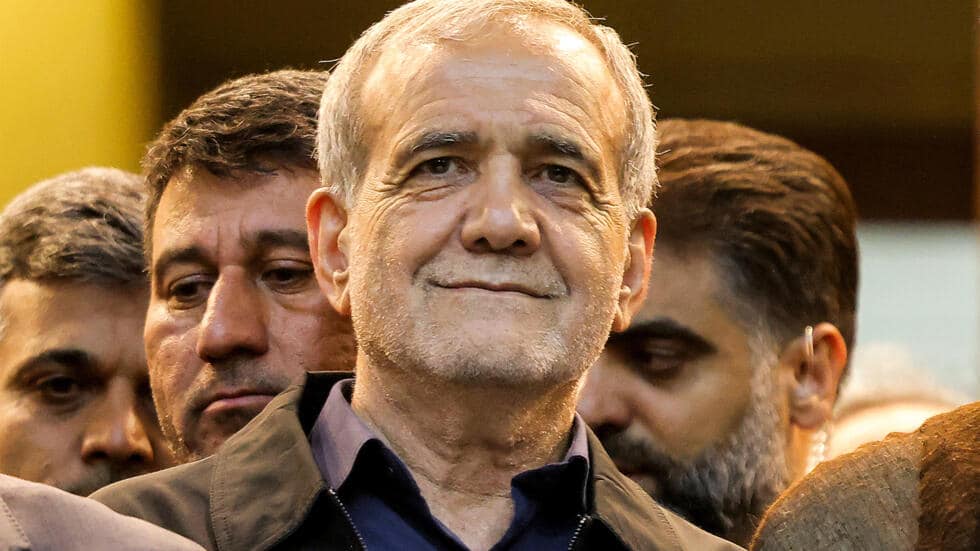Iranian President Nominates Moderate Diplomat and Female Official for Key Cabinet Posts
Pezeshkian's Cabinet Nominations Signal Possible Shift Toward Moderation and Reform in Iran
In a significant move that could reshape Iran's foreign and domestic policies, President Masoud Pezeshkian has nominated a moderate diplomat and a female official for key positions in his newly unveiled 19-member cabinet. The nominations were announced by Parliament Speaker Mohammad Bagher Ghalibaf during a live session broadcast on state television on Sunday.
President Pezeshkian, who assumed office last month following the death of his predecessor Ebrahim Raisi in a helicopter crash, appears to be signaling a potential shift in Iran's approach to international relations and internal development. The nomination of Abbas Araghchi as foreign minister and Farzaneh Sadegh as roads and urban development minister highlights this possible new direction.
Abbas Araghchi Nominated as Foreign Minister
Abbas Araghchi, a seasoned 61-year-old diplomat, has been nominated for the crucial post of foreign minister. Araghchi is well-known for his role as the chief negotiator in the nuclear talks between Tehran and world powers from 2013 to 2021, during which he advocated for open yet critical engagement with the West. His extensive experience includes serving as Iran’s ambassador to Japan and Finland, and as a deputy to then-Foreign Minister Mohammad Javad Zarif, a key figure in the 2015 Iran nuclear deal.
Araghchi’s nomination is seen as a strategic choice by Pezeshkian to facilitate a potential thaw in Iran's strained relations with the West. However, his appointment will face scrutiny from the parliament, which is dominated by hardliners who have often resisted diplomatic overtures toward Western countries.
Farzaneh Sadegh Nominated as Urban Development Minister
In another notable nomination, Farzaneh Sadegh, 48, has been proposed as the minister of roads and urban development. If confirmed, Sadegh would become only the second woman to hold a ministerial post in Iran since the establishment of the Islamic Republic in 1979. The first was Marzieh Vahid Dastjerdi, who served as health minister in 2009.
Sadegh’s nomination, however, has already sparked controversy among lawmakers, with many voicing their opposition during the assembly session. Despite this, her potential confirmation would mark a historic moment for gender representation in Iran's government.
Parliamentary Review and Challenges Ahead
The hardline-dominated parliament is set to begin its review of the cabinet nominees on Monday. The review process will be critical, as it will determine whether President Pezeshkian’s selections, which reflect a moderate and possibly reformist agenda, will be approved. The outcome will also provide insight into the balance of power between the president and the more conservative elements within Iran's political landscape.
The proposed cabinet is being closely watched both within Iran and by international observers, as it may indicate the direction Iran will take under Pezeshkian’s leadership, particularly in its interactions with the global community.






